The Ancient Brew That Could Ease Your Belly
Ever found yourself sipping a matcha latte and wondering, "Could this earthy green drink be doing more than just tasting great?" You're not alone. Matcha (powdered green tea) has surged in global popularity not only for its unique flavor and vibrant hue but also for its potential health benefits including the intriguing possibility that it might help ease bloating.
As part of Japanese tea culture for centuries, matcha holds a place of honor in both traditional ceremonies and everyday wellness. Today, research and anecdotal experience suggest this finely ground tea may support digestion and help relieve that uncomfortable, bloated feeling many of us know all too well. So, let’s steep ourselves in the details.
Understanding Bloating: Causes and Common Culprits
Before we dive into matcha’s potential, let’s understand bloating. Bloating can result from many factors, including:
- Dietary choices: High-fiber vegetables, carbonated beverages, and lactose can all contribute to gas buildup and digestive discomfort.
- Eating habits: Eating too quickly or in large portions may reduce gut motility and increase the risk of constipation.
- Hormonal fluctuations: Changes in hormone levels, particularly in women, can alter digestion and increase intestinal mucosal permeability.
- Stress: Elevated cortisol levels are linked to disrupted digestion and heightened gut sensitivity.
In short, bloating isn’t just about what you eat, it’s also about how your body processes and reacts to food and emotions. That’s where matcha may quietly come to the rescue.
Matcha and Digestion: How It May Help with Bloating
Matcha’s magic lies in its complex blend of bioactive compounds, many of which may offer digestive support:
- Catechins and epigallocatechin gallate (EGCG): These potent antioxidants may reduce inflammation and support gut microbiome balance, potentially easing gastrointestinal disorders.
- L-theanine: This calming amino acid may lower stress-related cortisol levels, indirectly promoting smoother digestion.
- Chlorophyll: Abundant in matcha, chlorophyll may aid detoxification and help reduce leaky gut symptoms by improving intestinal permeability.
- Diuretic properties: Matcha may act as a gentle natural diuretic, helping to reduce water retention often mistaken for bloating.
- Natural laxative effect: Some drinkers report mild relief from constipation, possibly due to matcha’s support of gut motility.
While more research is needed, early findings and centuries of use in Japan point toward matcha as a soothing companion for digestive discomfort.
Smart Ways to Enjoy Matcha for Digestive Comfort
Incorporating matcha into your routine can be both delicious and beneficial, especially with a few mindful habits:
- Start small: Begin with ⅓ to ½ teaspoon per serving and gradually increase intake to allow your body to adjust.
- Mind the caffeine: Matcha contains caffeine; overconsumption can cause digestional discomfort for sensitive individuals.
- Time it right: Drinking matcha mid-morning or early afternoon may support metabolism without interfering with sleep or nutrient absorption.
- Hydrate: Since matcha can have diuretic effects, pair it with water to stay hydrated.
- Try it in recipes: Add matcha to smoothies, oatmeal, or baked goods like matcha muffins or green tea cookies for a gentler introduction.
Beyond Bloating: Matcha’s Other Potential Health Perks
Bloating relief is just one leaf on matcha’s healthful tree. Other research-backed and anecdotal benefits include:
- Heart health: Catechins may support healthy blood pressure and cholesterol levels.
- Detoxification: Chlorophyll helps bind toxins and support liver function.
- Cognitive function: L-theanine and caffeine work together to improve focus without the jitters.
- Skin health: Antioxidants and anti-inflammatory properties may promote clearer skin.
- Fat oxidation: Matcha may enhance metabolism and assist with weight management.
Choosing the Best Matcha for Digestive Support
To enjoy the full spectrum of benefits, quality matters:
- Ceremonial-grade matcha: Ideal for drinking straight, with a smooth texture and umami flavor.
- Premium matcha: Look for vibrant green color, fresh aroma, and single-origin options like Okumidori cultivar.
- Proper storage: Keep matcha in an airtight container away from light and heat to preserve its antioxidants.
Investing in a premium matcha collection, along with beautiful Japanese cups and bowls, can make your wellness journey feel like a treasured ritual. Explore our curated collection of matcha cups and bowls perfect for any occasion!
Easy Recipes to Try When You’re Feeling Bloated
When your belly feels off, soothing matcha recipes can offer both comfort and benefits:
- Banana matcha smoothie: Blend banana, almond milk, and matcha for a potassium-rich, gentle-on-the-gut drink.
- Matcha and pineapple juice: Pineapple’s bromelain enzyme may boost digestion, pairing well with matcha’s anti-inflammatory effects.
- Iced matcha: A refreshing option for hot days, especially when made with quality matcha and enjoyed from a traditional glass or ceramic tumbler.
These easy preparations allow you to tailor your matcha moment to your mood and digestive needs.
Final Sip: Matcha as a Digestive Ally
While matcha isn’t a miracle cure, its rich blend of antioxidants, gentle stimulation, and calming effects offer compelling reasons to include it in your digestive wellness routine. Whether you're managing occasional bloating or simply savoring the soothing ritual of tea, matcha invites you to slow down, connect, and sip mindfully.





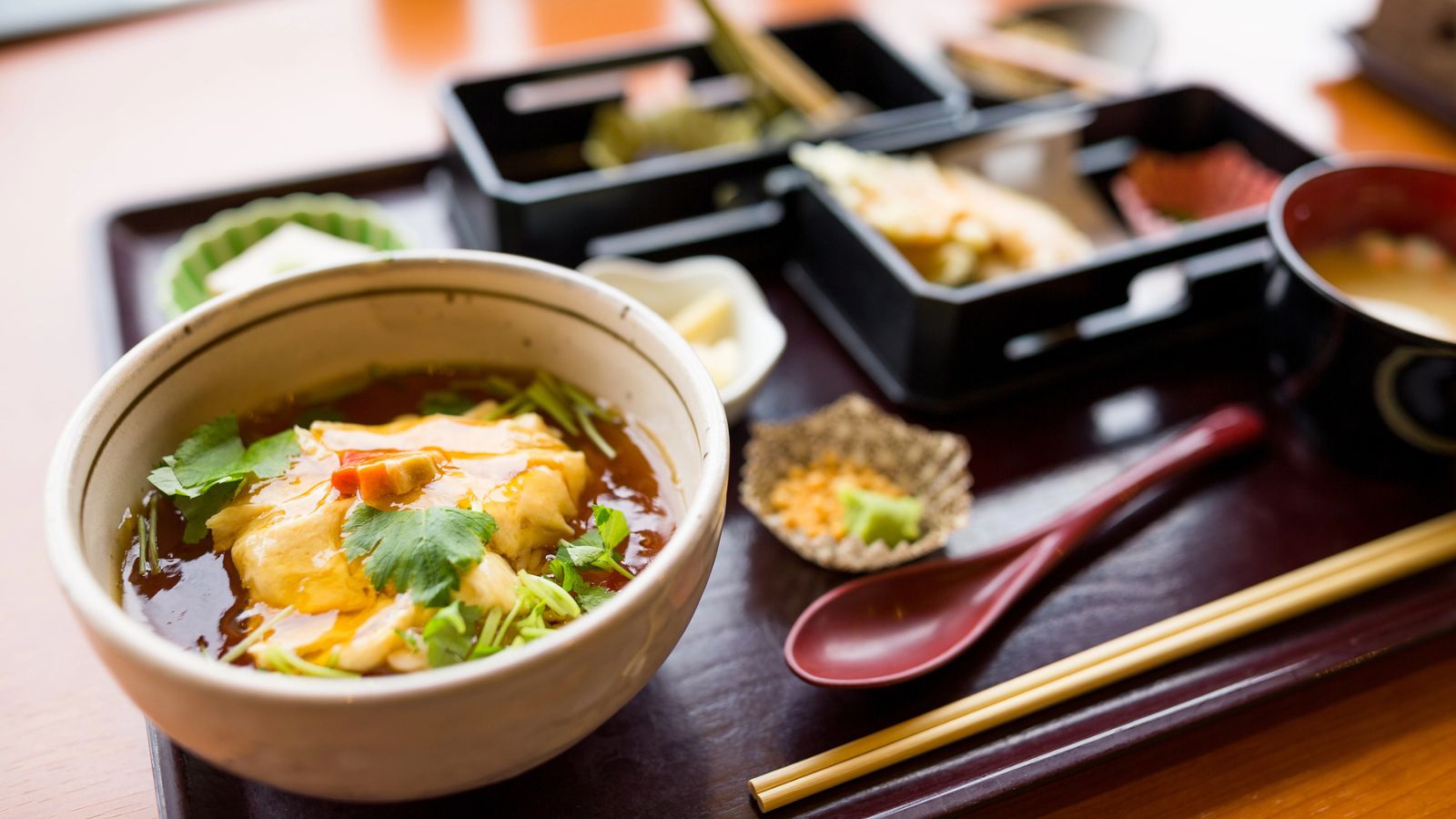
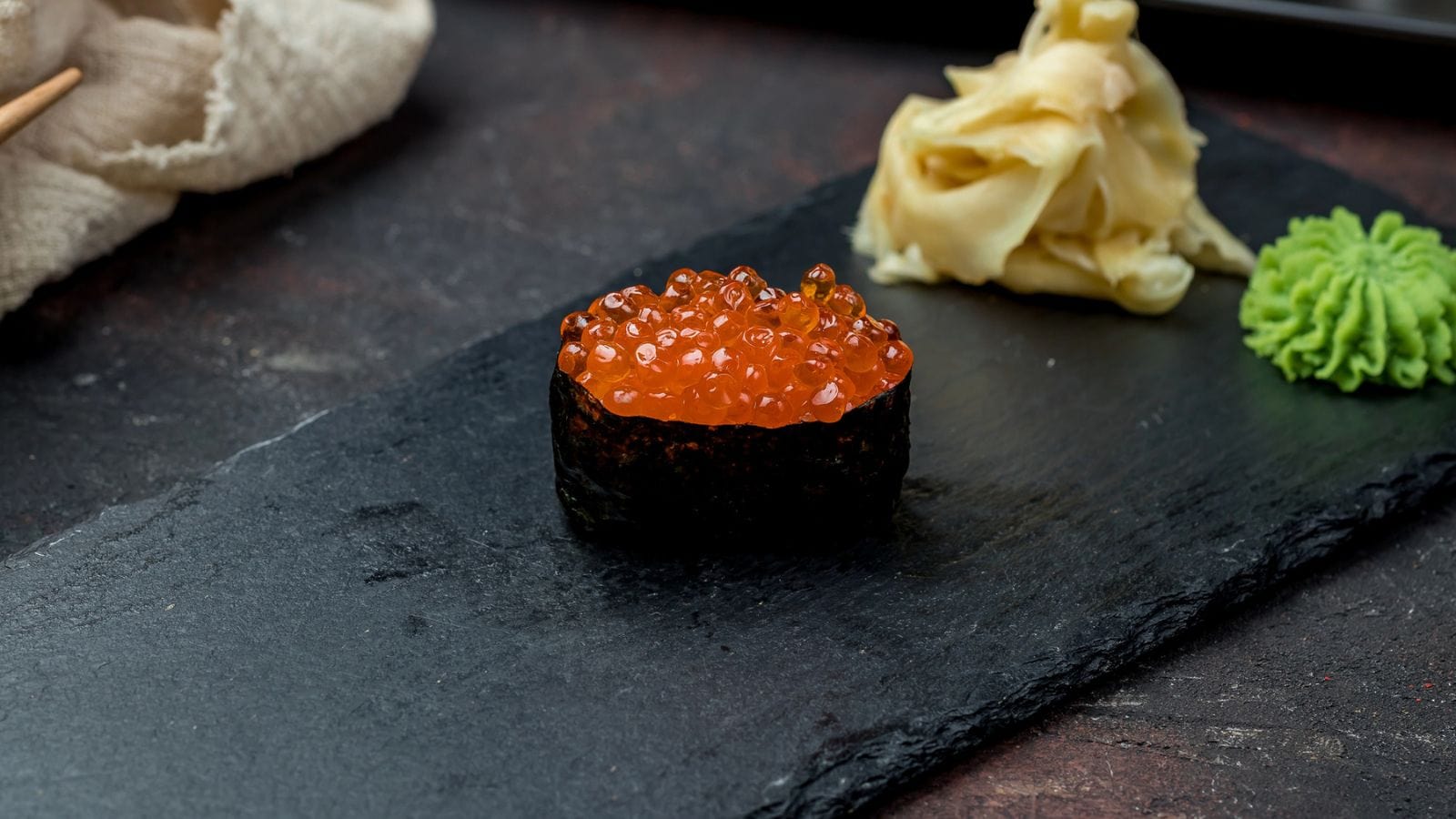

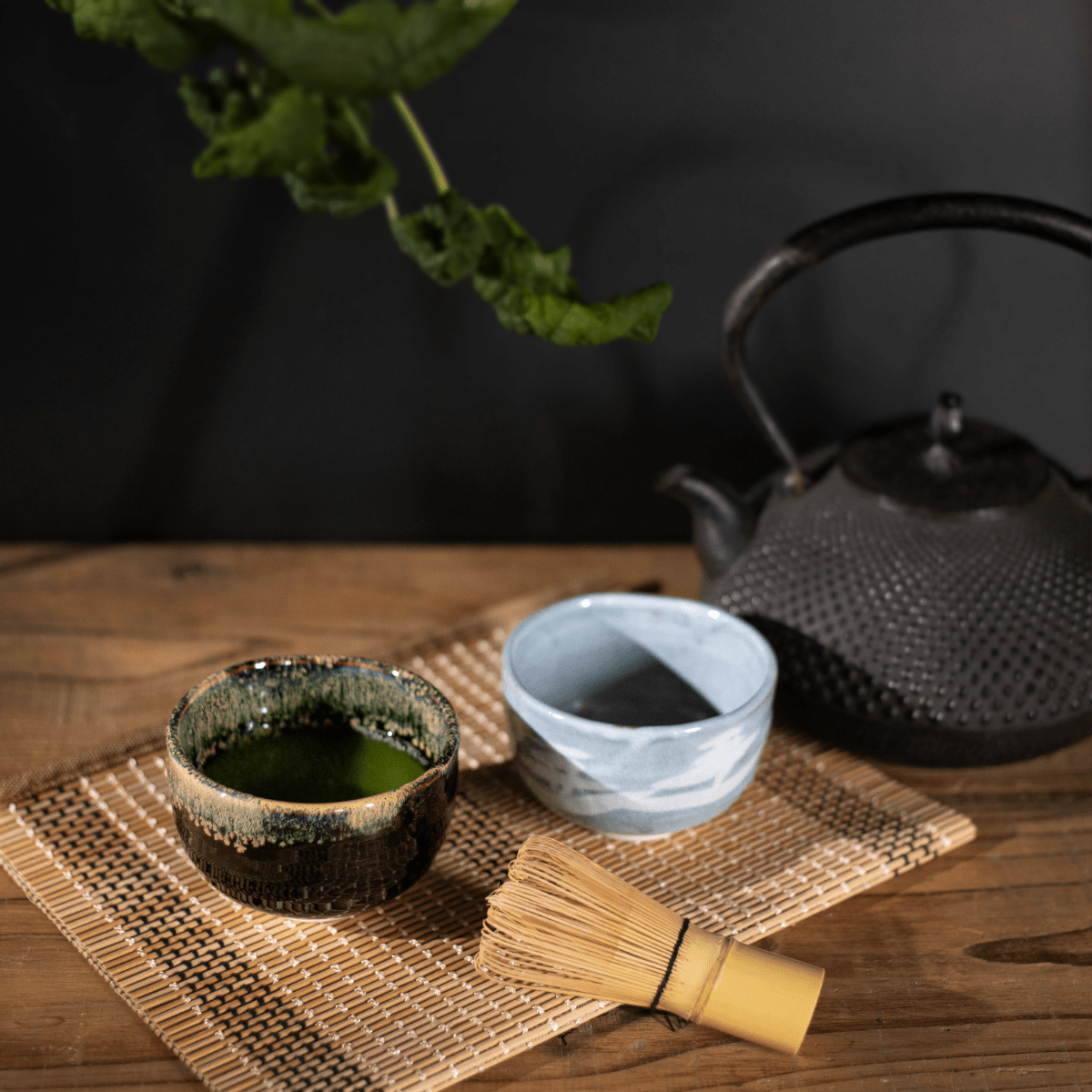
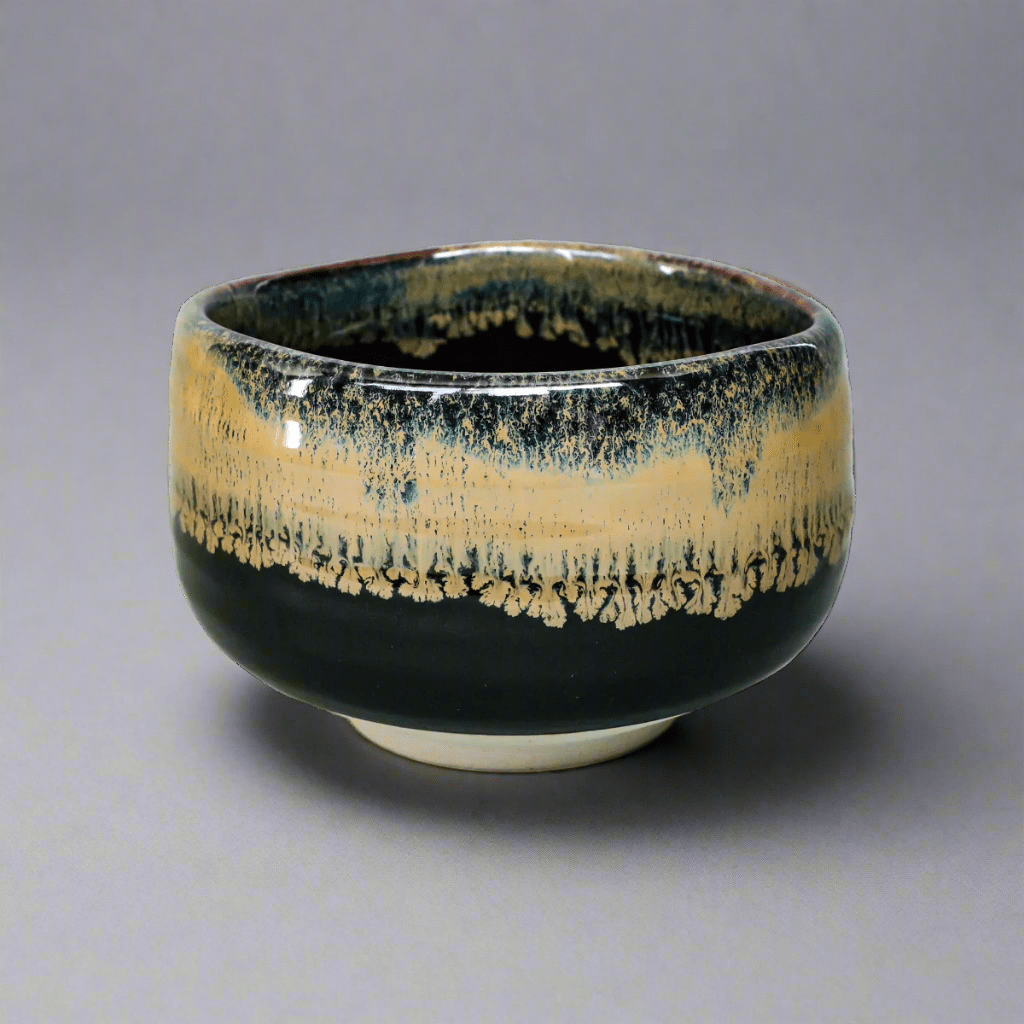
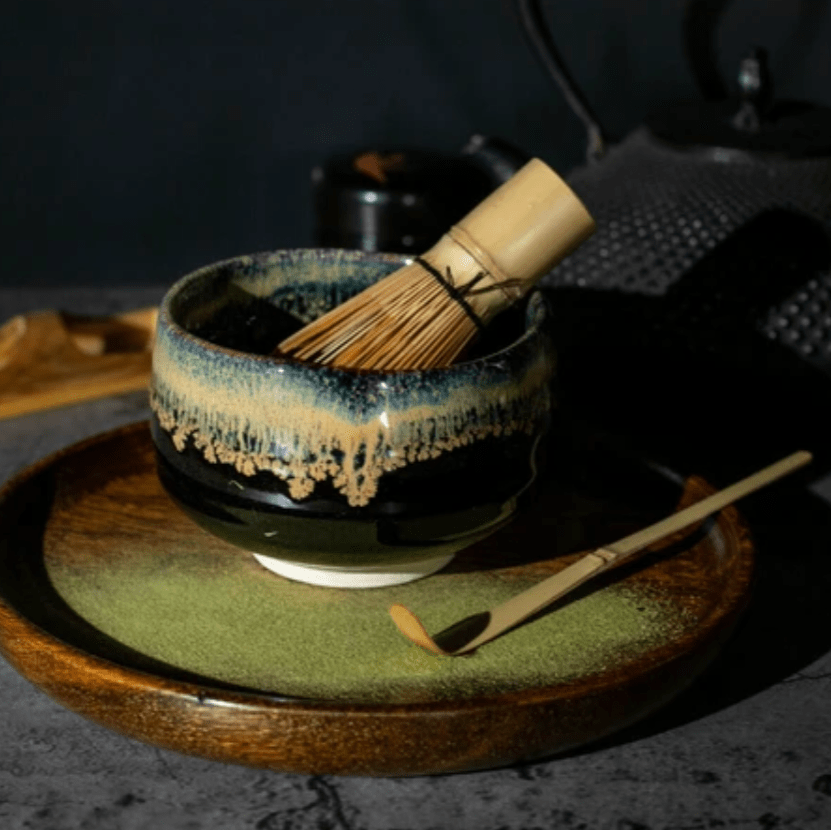
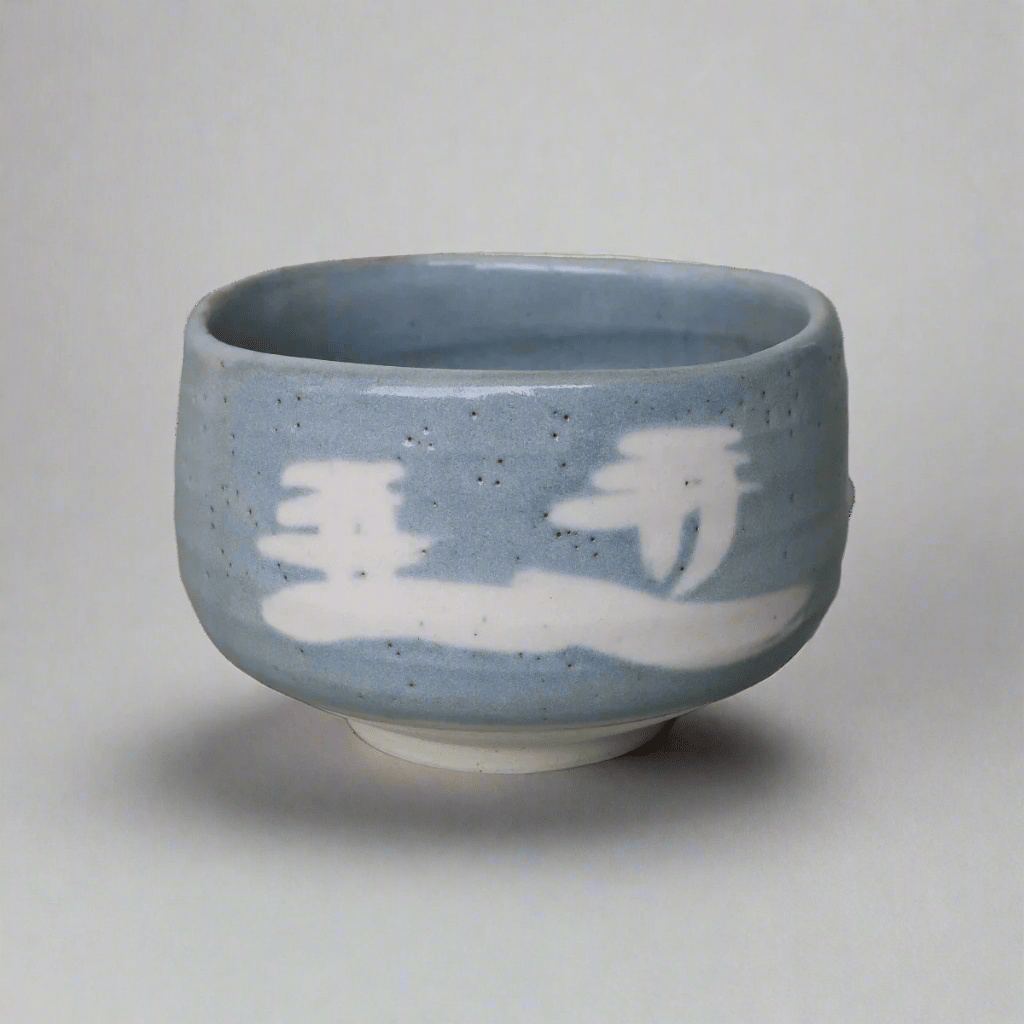
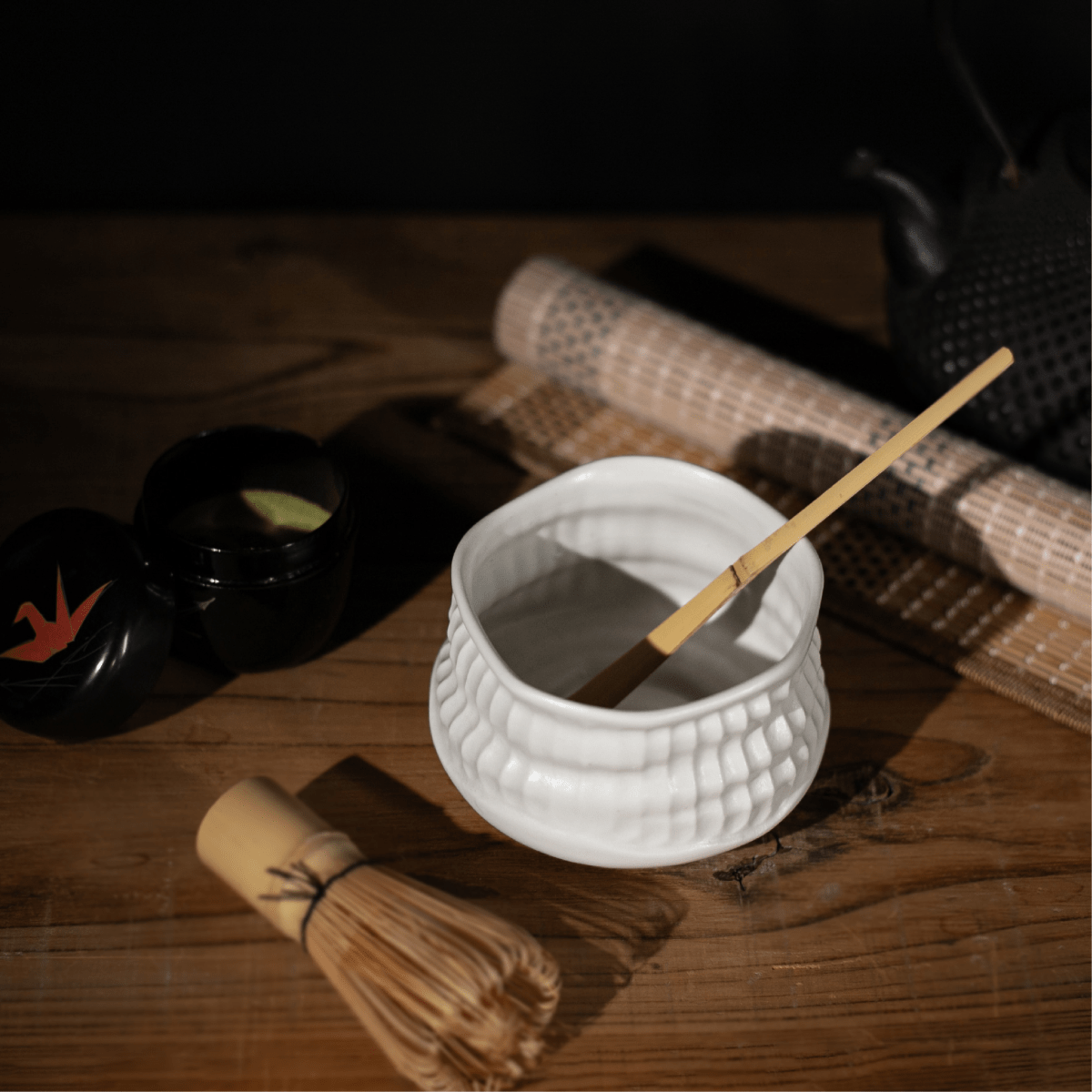
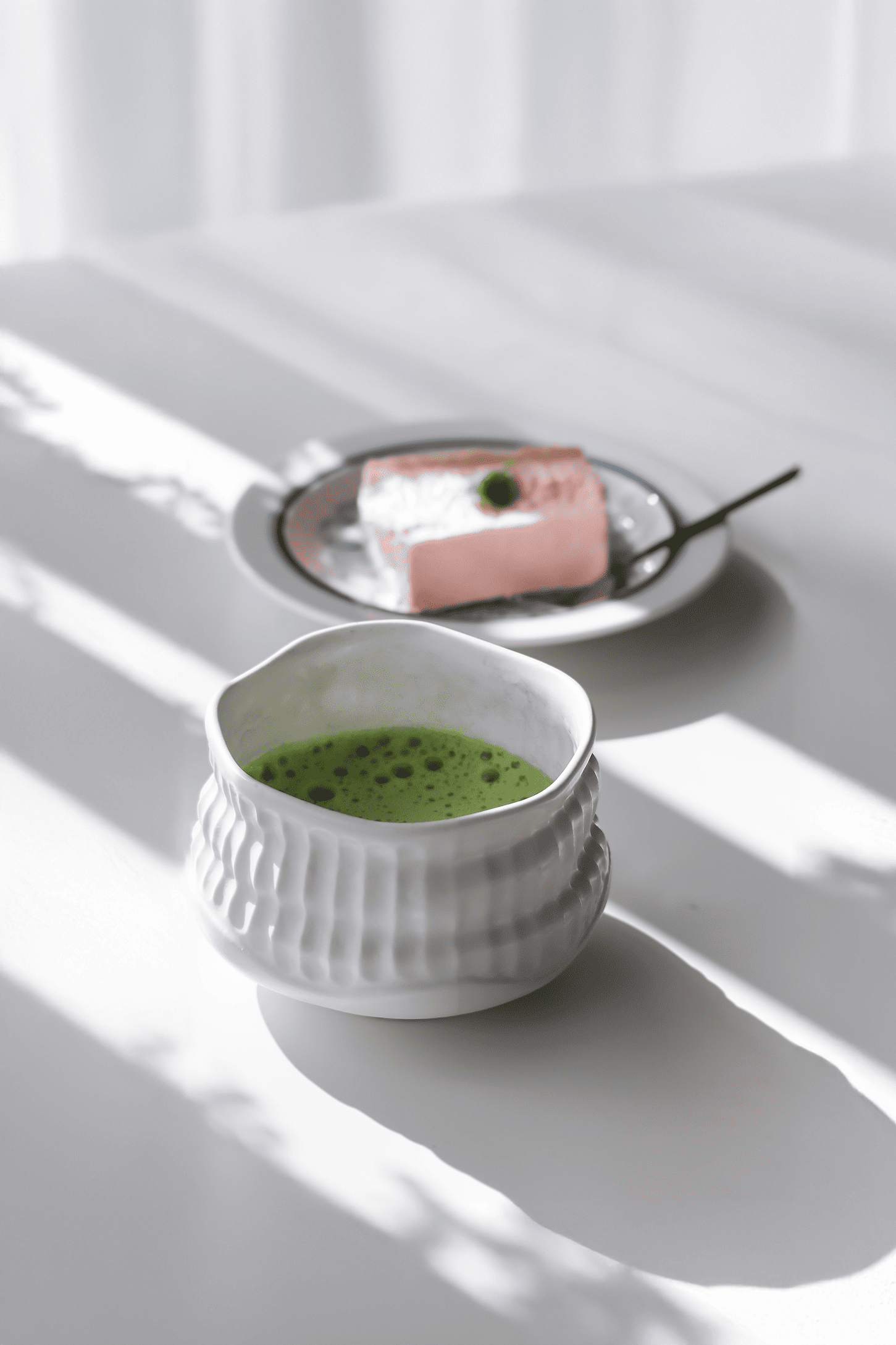
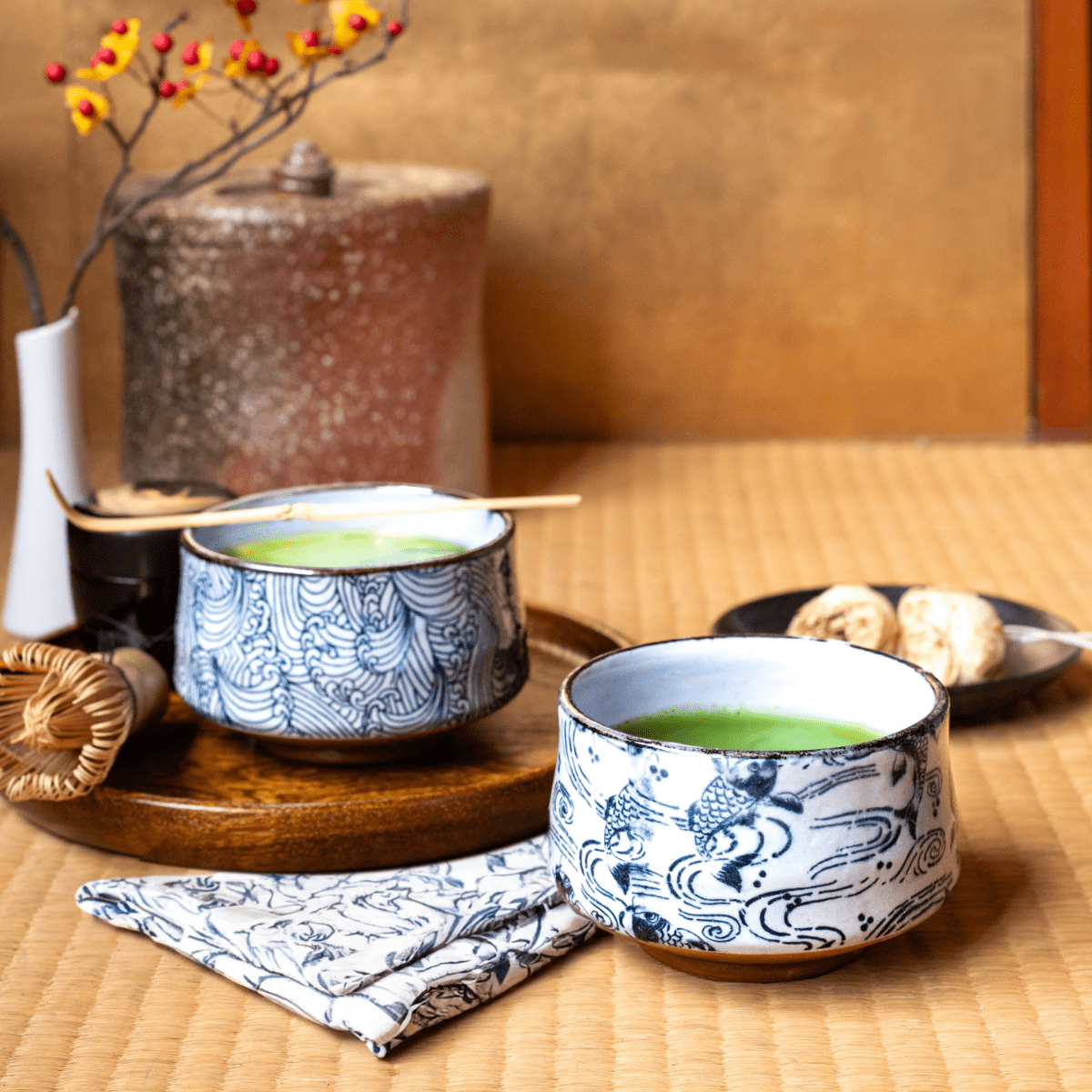
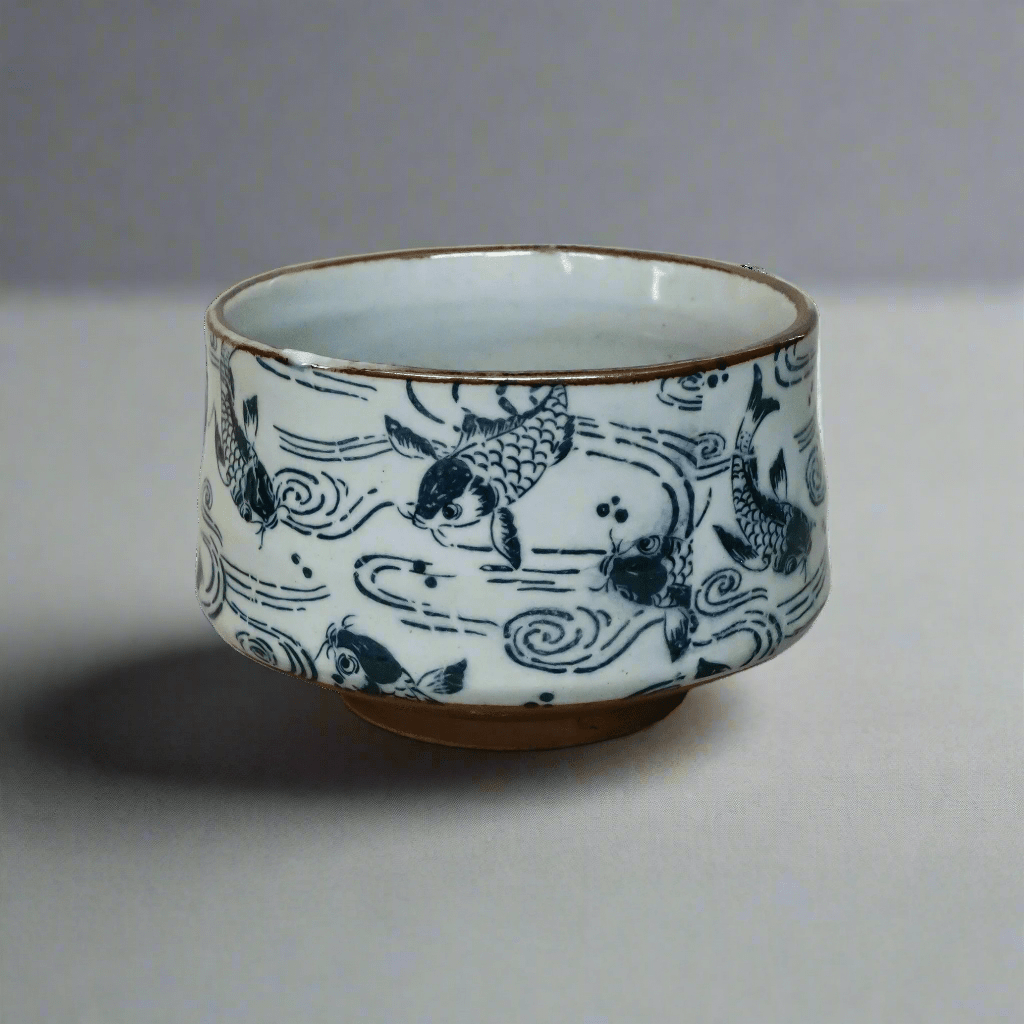
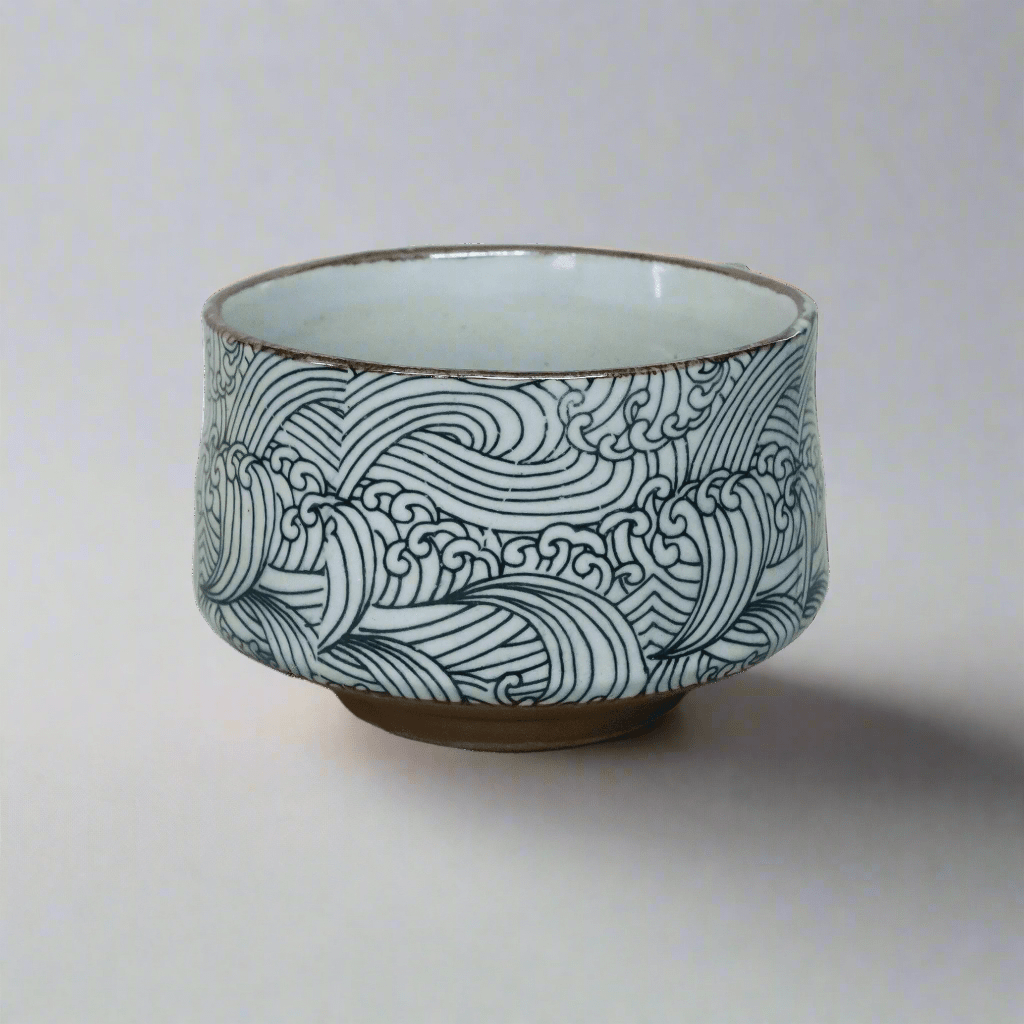
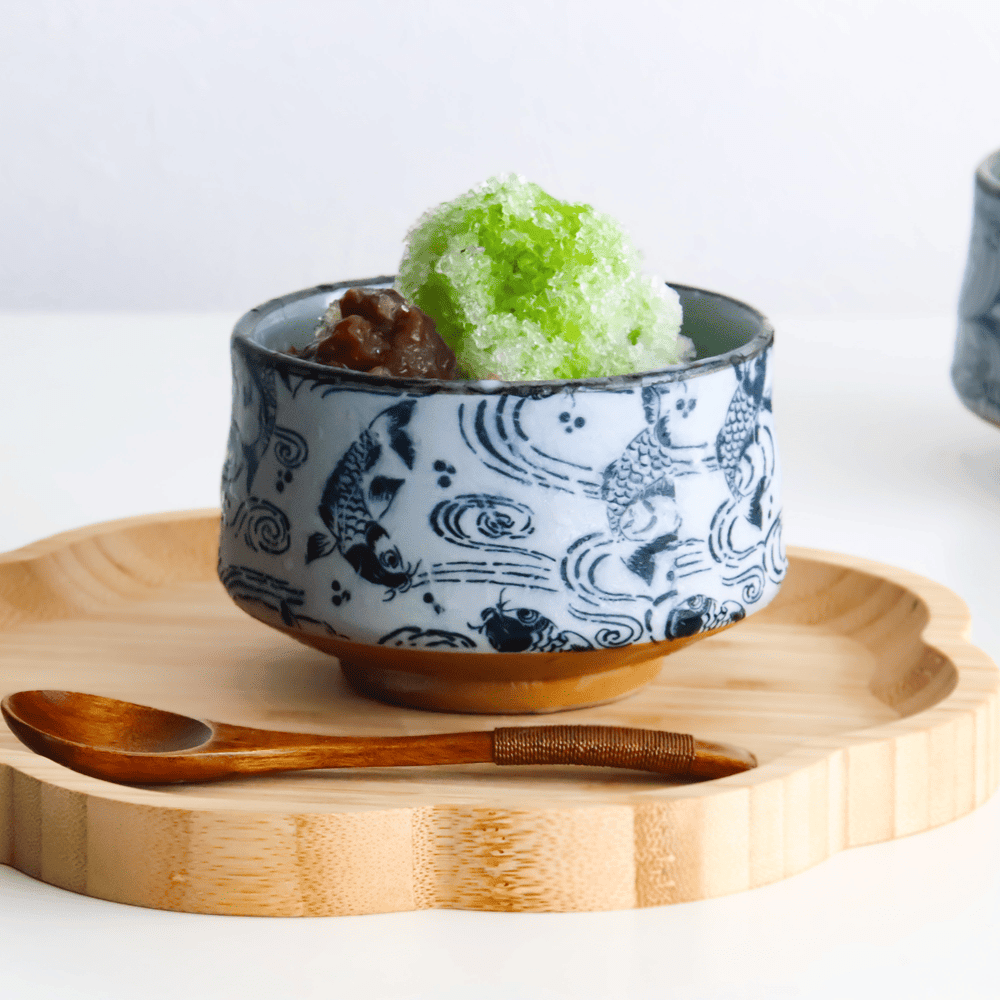
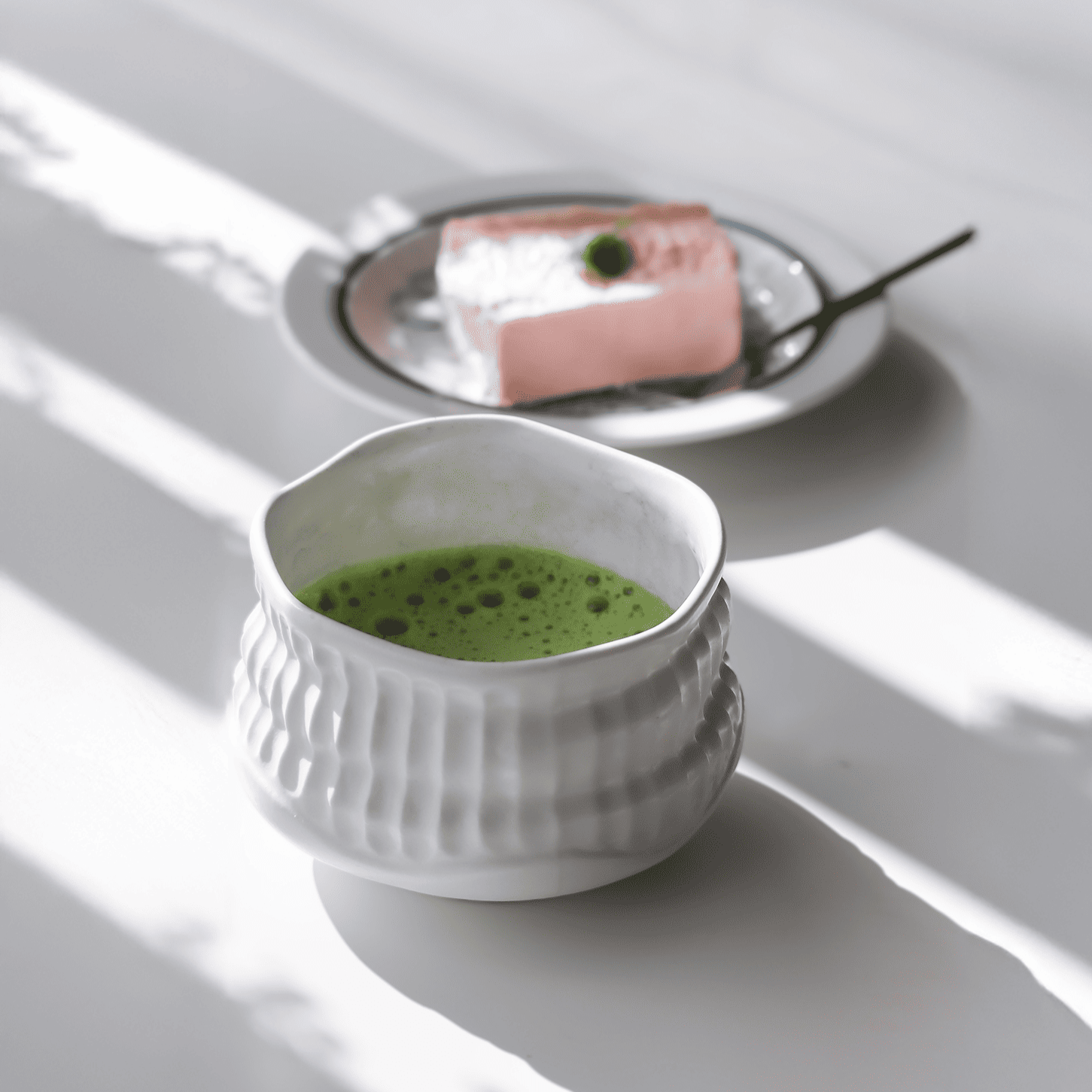
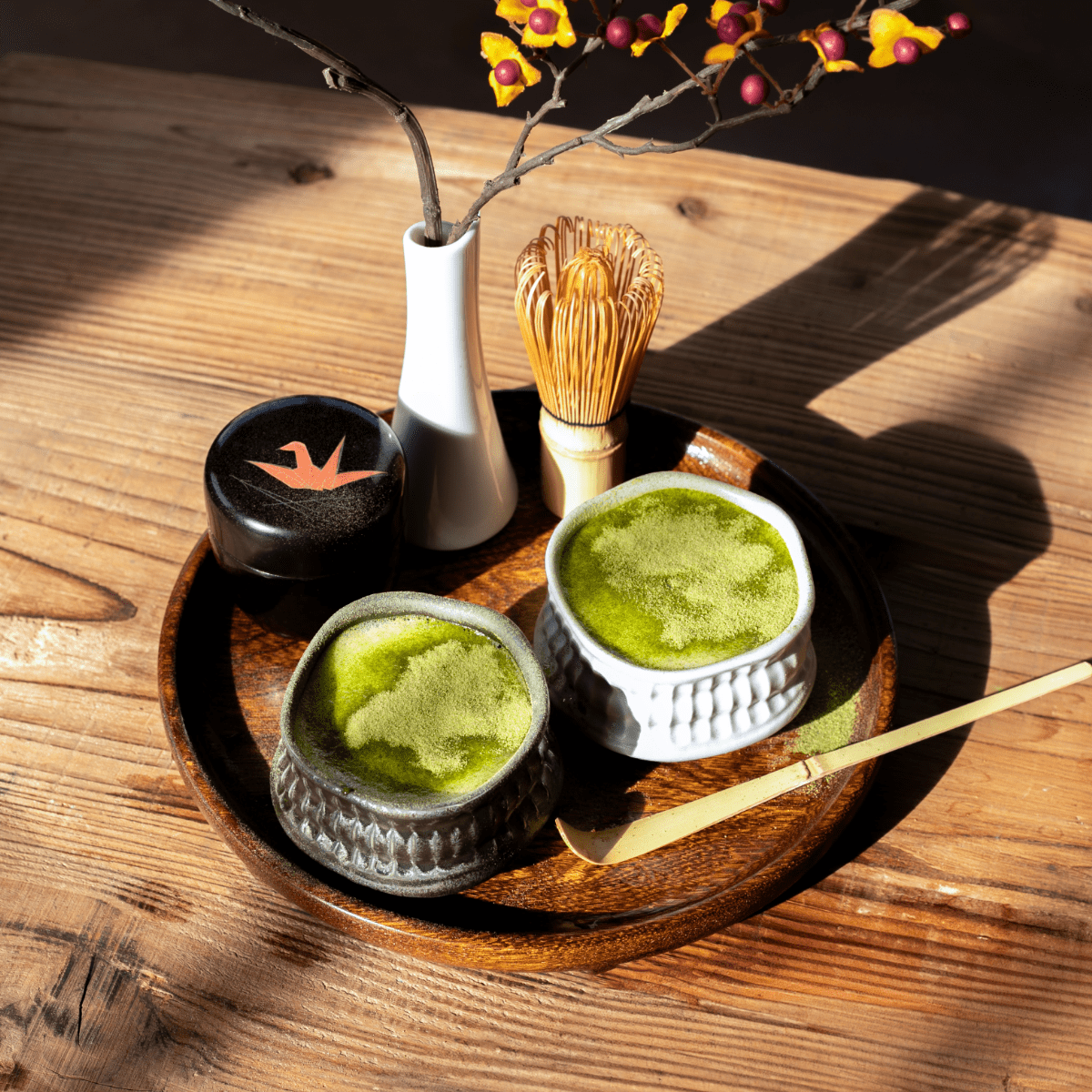
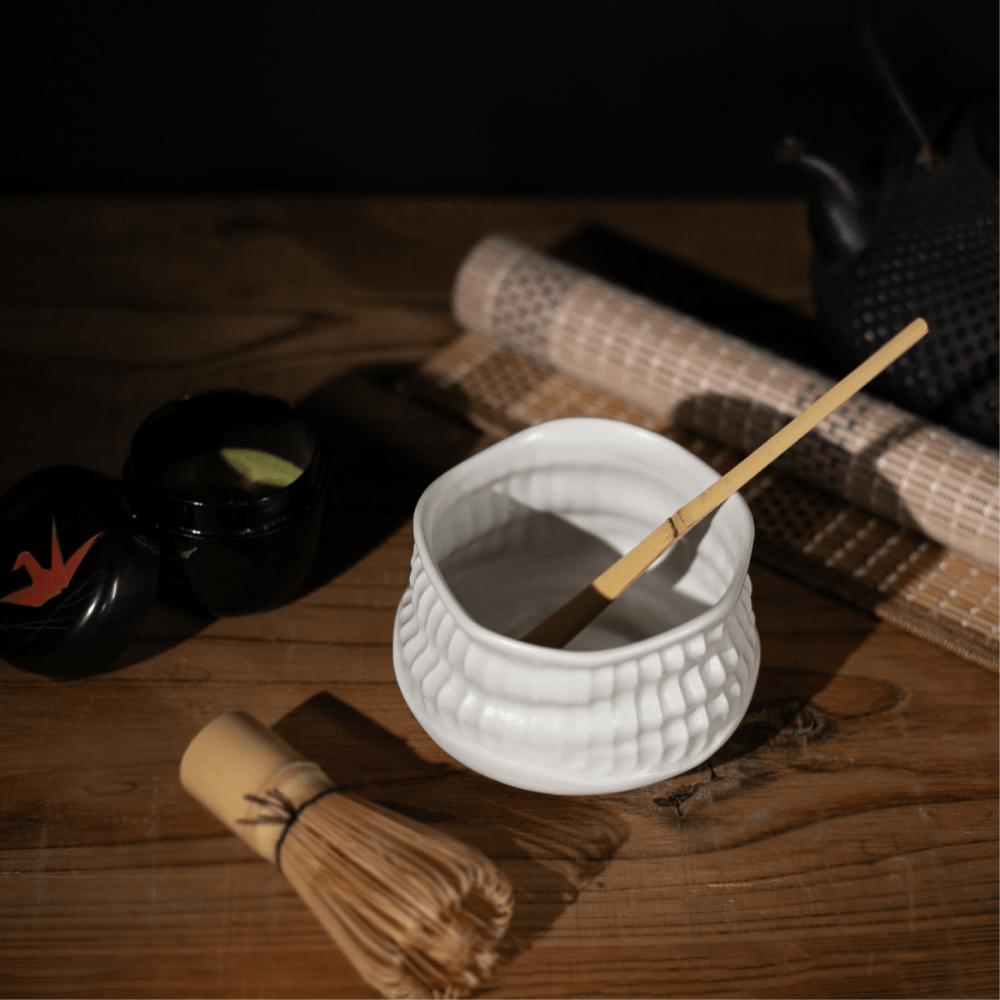
Share: